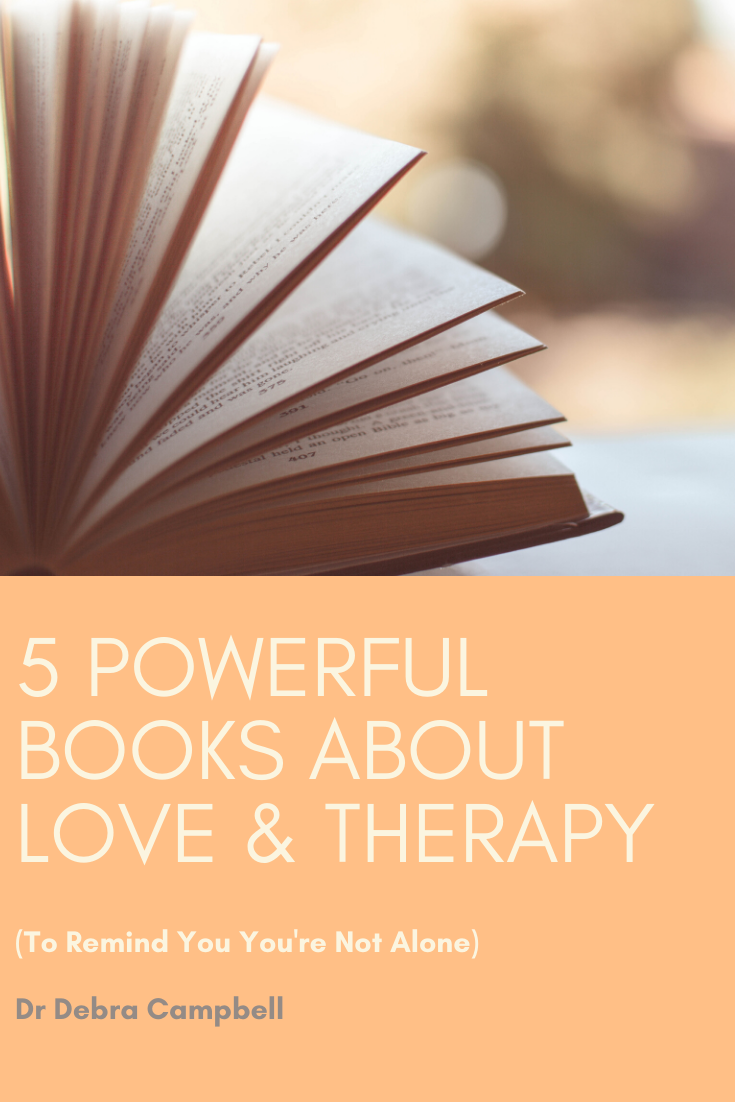Love means paying attention, in a very particular way. Yet, too often we don’t focus the force of our attention on who and what we love. We get caught up in the more pressing and ultimately less important stuff. We think others know how much they mean to us. But only freely given attention helps people feel loved. It’s easy to forget that, in a distracted world. It’s easy to temporarily lose the essence of what love’s all about.
Love is longed for, revered, misunderstood, discussed everywhere, and sometimes sold out cheap and mislabeled completely. It’s the most aspired to feeling of all our emotions and the loss of love can provoke some of our greatest fears, activating jealousy and the worst in us. Too often, love gets translated through commercialism and associated with conflicting messages like
“ You’ve got to love yourself before you can love anyone else? Which asserts the importance of self-love
Versus:
“Wow! She really loves herself” – which implies self-love’s nothing but vanity.
Somewhat confusing.
Then there’s all the catch-cries: Love is all you need. Love is the drug, God is love.
Most cultures are a little bit obsessed with love and why wouldn’t we be? Love is a need that we can see on brain-scans, lighting up the the most primitive part of our brain, the part about need and survival.
So, I wonder sometimes, with love getting so much attention in art, religion, pop culture and academia: Why do so many people feel lonely and uncared for? Why do so many live with low self-esteem – a lack of love towards their own mind and body?
Maybe it’s because love gets the wrong kind of attention. A lot of it’s attention is fantasy. A lot of it is lip-service. Somewhere behind all the noise, attention to deeper love is obscured.
Love gets so dragged through fairy tales, fantasy and drama that we’ve lost sight of what it really is.
Real love, meaning love in action, involves giving our full presence with a good intent. This love is an essential ingredient in healing, and creating deeply connected relationships. Different human problems naturally require different treatment regimes, different therapies, but, at core, there’s no cure in which loving attention, perhaps from another but always from ourselves, is not a vital, active ingredient.
So how do we give love the kind of attention it needs to be a stronger, more active force in us and the world?
- We can become more mindful, more aware in our interactions with others. Mindfulness can help us to live in a way that is responsive rather than reactive so we can consciously choose to be more compassionate and thoughtful.
- We give love more attention through following our passions to the state that psychologist Abraham Maslow called “flow” or “peak experiences”. A peak experience involves utter absorption so that time melts away and there is nothing but being in the moment. In flow we are in communion with the activity about which we are passionate. We’re in a space of being love. Author Joan Borysenko wrote that in experiencing flow, colours seem more vibrant, sounds richer. Textures can come alive. In flow, we get behind words and fantasies about love. We simply abide in that or who we love. When we experience ourselves in this kind of love, we know ourselves better.
- Love shines in the giving of our deep attention to another but also through extending love to ourselves. Through listening to our own thoughts and feelings we can see how some thoughts support us and how some hurt us. We care for ourselves deeply by making choices about what thoughts and feelings we want to give our on-going attention to and improve our mental health. We can take notice of what’s going on in us and take responsibility for our own feelings rather than reacting or blaming others for all our struggles.
The need for love is the need for healthy, deep attentiveness to our soul and others.
The price of not paying attention to our love is high. In children, looking for attention is pleading to feel loved and connected to another by playing, by learning, and by just being together. It’s the same in adults although it looks a bit different. Consistently unattended requests for love can painfully twist into resentment or internalizing feelings of shame at any age.
Can you give love your deeper attention – through mindfulness of your own inner voice? Is it possible to be more mindful of the way you interact with others? Can you cultivate greater immersion and flow in your passions?
Just BE the love that you ARE.
Dr Deb x






Loved the blog and the value of self love, I’m in
A whole new world